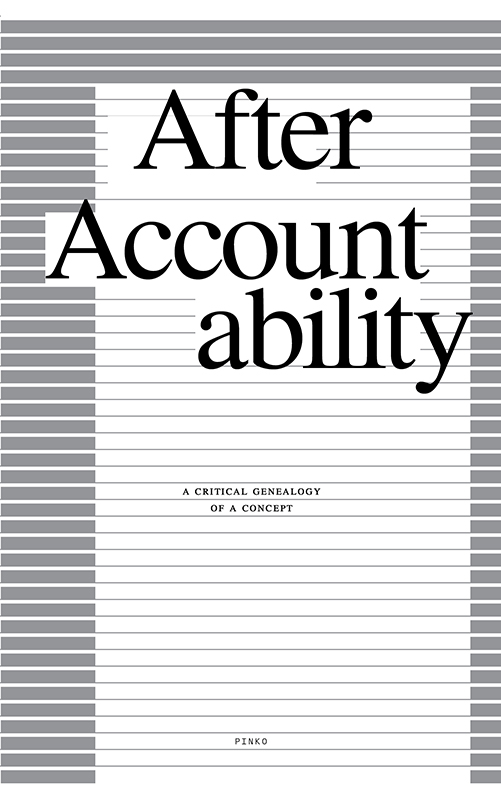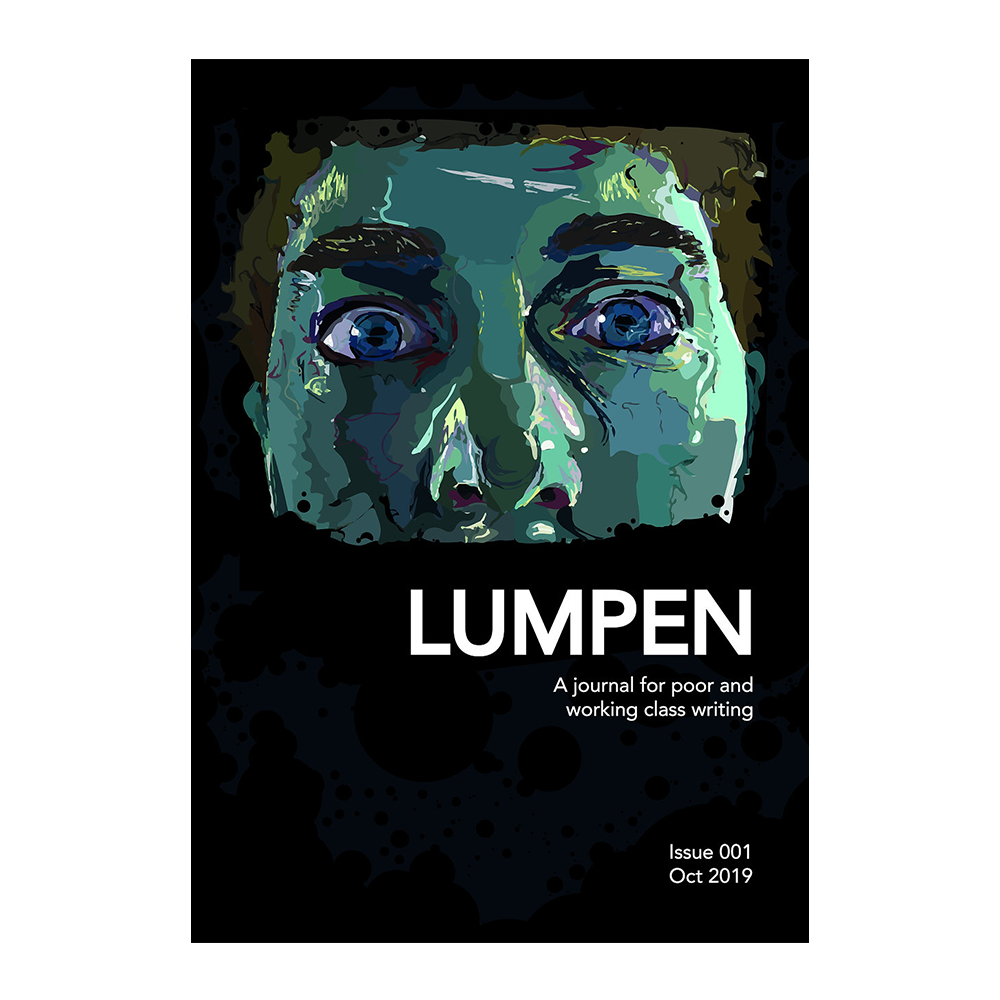Me, with less than 100 pages left to finish this book: wait, how have I ended reading this... -checking notes... "Orientalism Now"- when this is not at all a topic related to any of my personal interests??? Also, me in January: yayyyy, 2025, finally I'll be reading more "classical theory"!!! Fanon, Said... Understanding where everything began!!! yayyy!!
User Profile
[Español]
Por aquí solo hablo de (algunas de) mis lecturas. Para más, mi perfil de Mastodon: @andrewgartzea@todon.nl [todon.nl/@andrewgartzea]
[English]
Here is where I love to talk about what I'm reading. For more, my Mastodon user is: @andrewgartzea@todon.nl [todon.nl/@andrewgartzea]
This link opens in a pop-up window
Andrew Gartzea (Bookwyrm)'s books
To Read (View all 6)
Read (View all 63)
2025 Reading Goal
57% complete! Andrew Gartzea (Bookwyrm) has read 58 of 100 books.
User Activity
RSS feed Back
Andrew Gartzea (Bookwyrm) finished reading Queer Phenomenology by Sara Ahmed

Queer Phenomenology by Sara Ahmed
In this groundbreaking work, Sara Ahmed demonstrates how queer studies can put phenomenology to productive use. Focusing on the “orientation” …
Andrew Gartzea (Bookwyrm) finished reading Orientalism by Edward Said (Vintage)
Me, with less than 100 pages left to finish this book: wait, how have I ended reading this... -checking notes... "Orientalism Now"- when this is not at all a topic related to any of my personal interests??? Also, me in January: yayyyy, 2025, finally I'll be reading more "classical theory"!!! Fanon, Said... Understanding where everything began!!! yayyy!!
Andrew Gartzea (Bookwyrm) finished reading Family Values by Melinda Cooper
My inner self is complaining that "I've read very little this year compared to previous years" (because I currently have a backlog of books to read), but the problem is that this year, I am just devouring dense books that I had pending. One after another. Like tra, tra, tra.
My inner self is complaining that "I've read very little this year compared to previous years" (because I currently have a backlog of books to read), but the problem is that this year, I am just devouring dense books that I had pending. One after another. Like tra, tra, tra.
Andrew Gartzea (Bookwyrm) replied to Car Garcia's status
@lecturascar Siii, es bastante lindo tambien u.u
Andrew Gartzea (Bookwyrm) finished reading Ruptura y reparación de la máquina by Itxi Guerra
Andrew Gartzea (Bookwyrm) finished reading What about the rapists? by CrimethInc.

What about the rapists? by CrimethInc., The Escape Committee
Dysophia 3 in a new A6 chunky pocketbook version takes a look at “anarchist approaches to crime and justice”.
…
Andrew Gartzea (Bookwyrm) finished reading Decolonizing Israel, Liberating Palestine by Jeff Halper

Decolonizing Israel, Liberating Palestine by Jeff Halper
'Extremely convincing' - Electronic Intifada
For decades we have spoken of the 'Israel-Palestine conflict', but what if our understanding …
Andrew Gartzea (Bookwyrm) finished reading Contra el tiempo by Luciano Concheiro
Andrew Gartzea (Bookwyrm) finished reading On Fire by Naomi Klein
Andrew Gartzea (Bookwyrm) finished reading After Accountability by Pinko

After Accountability by Pinko
"A concept just short of a program, accountability has been taken up as a core principle within leftist organizing and …
Andrew Gartzea (Bookwyrm) finished reading The Housing Monster by Prole. Info
Andrew Gartzea (Bookwyrm) finished reading A Russian Journal by John Steinbeck
A pro-Russian colleague from Iran lent me this book to showcase how good the Soviet Union was and that Putin (yes, Putin) is great and all that. My opinion after reading the book is funnier than that. I was reading it, following the dramas between a drunk Steinbeck and a picky Capa and surprising myself with what they expected, and what was going on in reality. And also seeing the contrast between what my colleague said and what I was reading as well. As a meta-context, when they visited the Soviet Union, Stalin was still alive, and he made his famous Stalinisation, where pro-family and conservative policies were re-imposed in the society. My point in adding this info is that Steinbeck sees this big contrast between the USSR traditionalism and the post-World War II era in the States, where women and men were "freer" than the soviet ones. Kind of …
A pro-Russian colleague from Iran lent me this book to showcase how good the Soviet Union was and that Putin (yes, Putin) is great and all that. My opinion after reading the book is funnier than that. I was reading it, following the dramas between a drunk Steinbeck and a picky Capa and surprising myself with what they expected, and what was going on in reality. And also seeing the contrast between what my colleague said and what I was reading as well. As a meta-context, when they visited the Soviet Union, Stalin was still alive, and he made his famous Stalinisation, where pro-family and conservative policies were re-imposed in the society. My point in adding this info is that Steinbeck sees this big contrast between the USSR traditionalism and the post-World War II era in the States, where women and men were "freer" than the soviet ones. Kind of funny reading the book from the perspective of 2025, knowing all that happened since then in the States and also in Russia and the (not anymore) USSR countries.
A must to read, but always with a critical and historical perspective
Andrew Gartzea (Bookwyrm) finished reading Revolting by Julian Langer

Revolting by Julian Langer
The task of Eco–Absurdism is not to change the world. Rather, the question is how do we live together? How …

Lumpen, a Journal for poor and working class. Issue 001
Lumpen: A journal for poor and working class writers is exactly what it sounds like. First hand accounts of lives …










